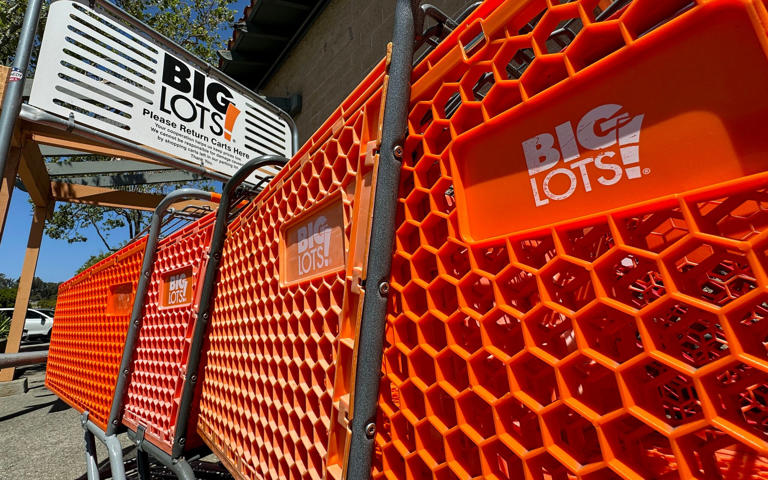Big Lots, the well-known discount retail chain, is gearing up for a significant restructuring this year, planning to close between 35 and 40 of its 1,392 stores across the United States. This move, disclosed in a June filing with the U.S. Securities and Exchange Commission, reflects the company’s response to ongoing economic challenges. However, the exact locations of the stores set to close remain undisclosed, leaving employees and customers in many regions in uncertainty.
Despite the planned closures, Big Lots intends to expand by opening three new stores, indicating a strategic shift rather than a complete contraction. The company attributed its decision to the broader economic conditions currently impacting the U.S. market. Specifically, elevated inflation has been a significant factor, diminishing the purchasing power of consumers and consequently affecting sales. The economic headwinds have been substantial, with Big Lots experiencing a notable 10.2% decline in sales between the first quarters of 2023 and 2024. This downturn resulted in a substantial loss of approximately $114.5 million.
Big Lots has a widespread presence, operating in 47 states. In the Northeast, the company has a significant footprint with 23 locations in Massachusetts, 16 in Connecticut, five in Maine, six in New Hampshire, and one in Rhode Island. Given the breadth of its operations, the impact of store closures could vary widely, potentially affecting numerous communities. However, the lack of specifics regarding which stores will be shuttered leaves many employees and customers in a state of uncertainty.
Headquartered in Columbus, Ohio, Big Lots is recognized as a Fortune 500 company and a major player in the home discount retail sector. The stores offer a diverse range of products, focusing on home essentials such as furniture, kitchenware, groceries, and personal care items. This wide assortment makes Big Lots a popular destination for budget-conscious shoppers looking for quality home goods.
Efforts to obtain further information from Big Lots about the specific store closures have been unsuccessful, as the company has not responded to requests for comments. This silence adds to the uncertainty surrounding the planned closures and their potential impact on various regions.
In summary, while Big Lots faces substantial economic challenges, the company’s strategy includes both consolidation and selective expansion. As the company navigates these turbulent economic times, the specifics of its restructuring plans, including which stores will close, remain a critical point of interest for many stakeholders, from employees and customers to investors and community members.
